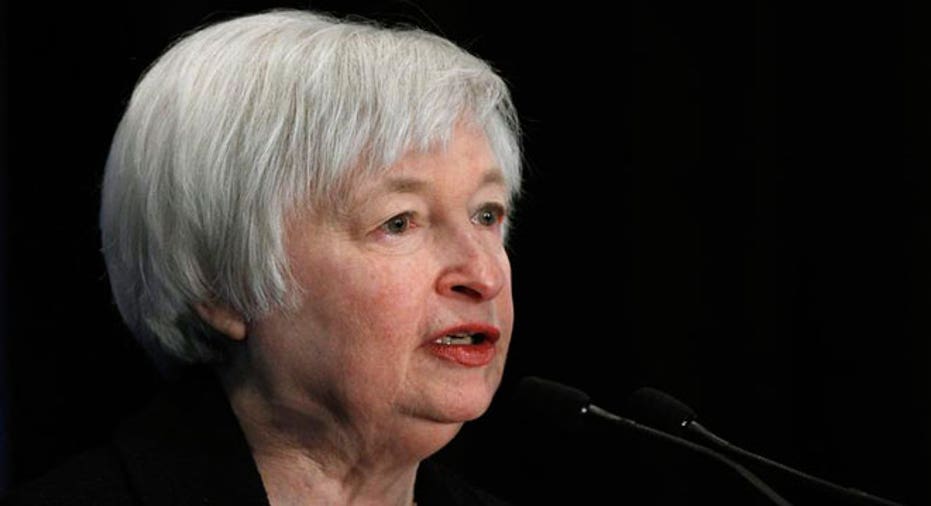Yellen: Economy Still Needs Extraordinary Support

The monetary policies crafted and initiated by the Federal Reserve are intended to help Main Street rather than Wall Street, Fed Chair Janet Yellen told an audience of grassroots community organizers in Chicago on Monday.
In an address that employed a handful of devices reminiscent of a political speech, Yellen made her case for a dovish approach toward raising interest rates.
Yellen singled out the plights of several individuals – who she named and whose situations she described in detail – to illustrate labor markets are healing slowly and prolonged accommodative policy is needed to ensure labor conditions improve, even as many are calling for higher interest rates to ward off inflation.
“Although we work through financial markets, our goal is to help Main Street, not Wall Street,” Yellen said, in stark populist terms.
Low interest rates, she said, make buying a home more affordable and make it easier for businesses to expand and hire.
“We are trying to lower the costs of buying a car that can carry a worker to a new job and kids to school, and our policies are also spurring the revival of the auto industry. We are trying to help families afford things they need so that greater spending can drive job creation and even more spending, thereby strengthening the recovery,” Yellen said.
Yellen said she and “most” of her Fed colleagues believe the unemployment rate must fall to between 5.2% and 5.6% before fulfilling the Fed’s mandate of maximum sustainable unemployment. At that point, inflation becomes more of a risk because wages rise as demand for workers sharpens.
Yellen noted inflation is still not a concern because the inflation rate is about half the Fed’s target rate of 2%.
However, simply by mentioning the 5.2%-5.6% range for maximum sustainable employment, it's certain market analysts will speculate interest rates, which have hovered at near-zero for more than five years, will start to move higher when the unemployment rate falls into that range. It currently stands at 6.7%.
“The Federal Reserve takes its inflation goal very seriously,” Yellen said. “One reason why I believe it is appropriate for the Federal Reserve to continue to provide substantial help to the labor market, without adding to the risks of inflation, is because of the evidence I see that there remains considerable slack in the economy and the labor market.”
Slack, she explained, is when there are significantly more people looking for work than there are jobs available.
Yellen suggested the primary issues holding back the job market are ‘cyclical,’ in other words there are simply not enough jobs to employ all those who are looking for work. Accommodative monetary policy – low interest rates, for example – can help create conditions conducive to creating jobs, Yellen explained.
Yellen’s remarks come as part of a speech on strengthening communities at the National Interagency Community Reinvestment Conference in Chicago.



















